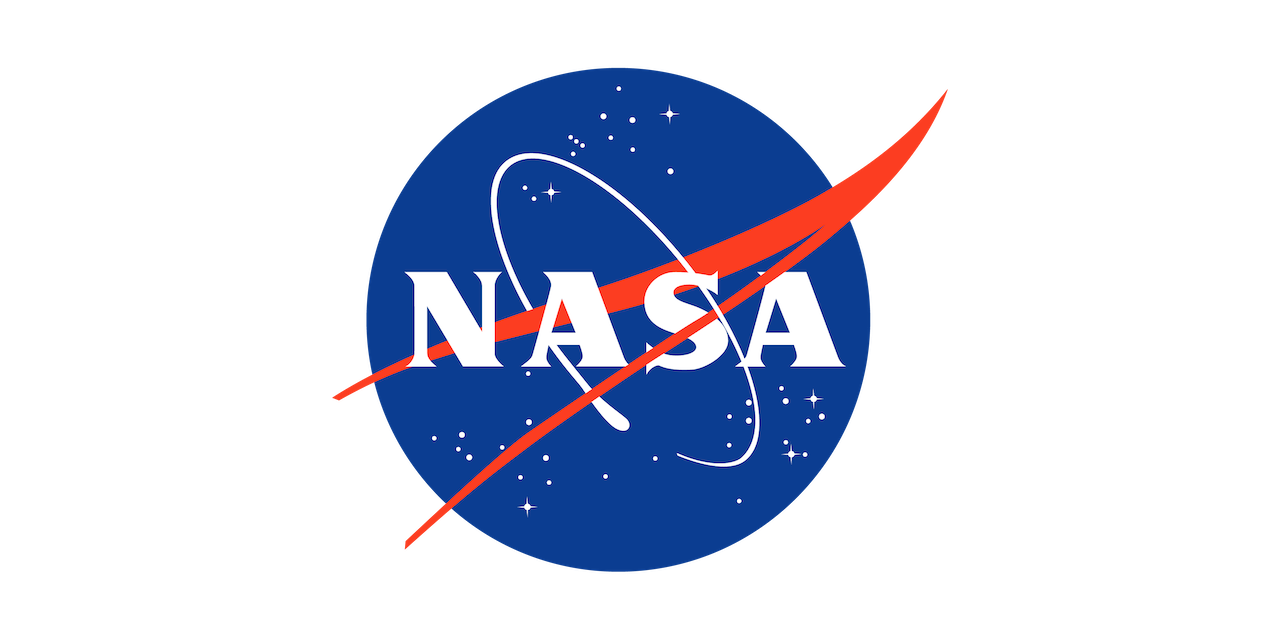Overview
If astrobiologists discover evidence of life beyond the Earth, how should these findings be shared with the public? Which communication strategies and techniques would best support public understanding of findings that are likely to be complex and highly specialized? Astrobiology faces a fundamental tension between the implications of finding evidence of biology or biological processes elsewhere in the universe, and explaining how observations or experiments used to accumulate that evidence will be subject to uncertainty and controversy. How might scientists and science communicators navigate this tension and communicate effectively about this uniquely compelling but challenging research?
This virtual workshop organized by NASA’s Astrobiology Program (NAP) brought together astrobiologists, science journalists, science communicators, and science content creators for a series of presentations, conversations, and activities aimed at building a greater shared understanding of the challenges and opportunities for each group that such an event might present. By creating a space to exchange perspectives, experiences, professional realities, and foster relationships between scientists and science communicators we hope to explore mutually-beneficial and socially responsible paths towards communicating the discovery of extraterrestrial life.
About the Workshop
The workshop took place virtually across three half-day sessions over the course of two weeks in March 2024. These sessions were facilitated by KnowInnovation, a company that specializes in working with experts to accelerate innovation and achieve actionable outcomes. Sessions included historical case studies, breakout discussions about the current state of astrobiology and science communication, and collaborative activities based on possible detection scenarios. The workshop hopes to result in a lasting community of shared interest connecting astrobiologists and science communicators as well as a white paper summarizing key insights from the event.
In order to facilitate open, exploratory discussion, we will asked participants to agree to a
modified Chatham House Rule.
Organizing Committee
- Jordan Bimm - Assistant Instructional Professor of Science Communication and Public Discourse, University of Chicago
- David Grinspoon - Senior Scientist for Astrobiology Strategy, NASA
- Caleb Scharf - Senior Scientist for Astrobiology, NASA Ames Research Center
- Mary Voytek - Acting Chief Exobiology Branch, STX: Space Science and Astrobiology Division
- Linda Billings - PHD Researcher, National Institute of Aerospace
- Shawn Domagal-Goldman - Deputy Director of the Sciences and Exploration Directorate, NASA Goddard Space Flight Center
- Sara K. Yeo - Associate Professor in the Department of Communication, The University of Utah
- Aneka Kazlyna - Graduate student, Yale University, NASA graduate intern
Participant Selection Process
The CDSLU workshop organizing committee reviewed application materials and placed applicants into two tiers of participation. Tier 1 represents the core group of participants who will be actively involved in the bulk of the work and will participate in all activities. Tier 2 participants will have access to all the pre-workshop resources, be invited to the community Slack channel, and are welcome to view and comment on the final workshop presentations.
To place participants into either Tier 1 or Tier 2, the organizing committee carefully reviewed each applicant’s responses to required questions on the application form, including how applicants envisioned contributing to the workshop’s spirit of collaboration, open inquiry, and community-building.
With limited space in Tier 1, owing to the practical limitations of a virtual workshop setting, and hundreds of strong applications representing many different areas in astrobiology, science journalism, science studies, and science content creation, the committee worked to achieve a balance of expertise, career-stage, and backgrounds among Tier 1 participants. Participants in both tiers will have the opportunity to contribute input and insights towards the workshop’s goals.
